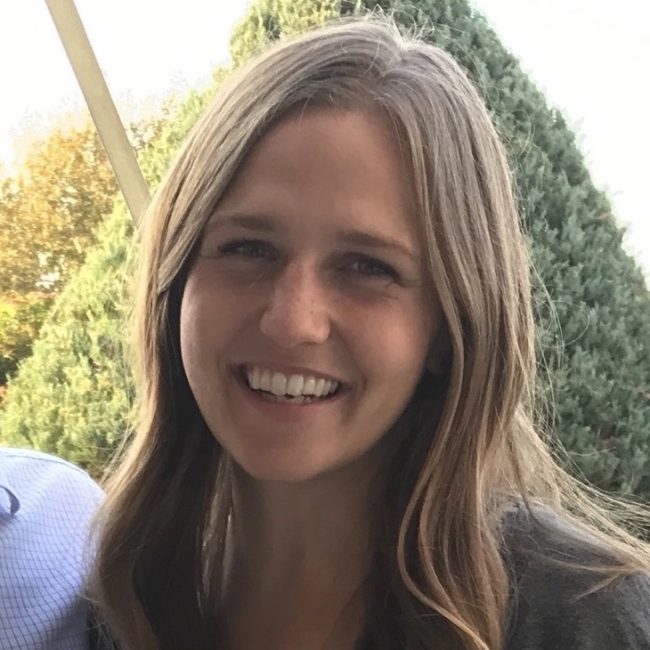The University of Liverpool’s Centre of Excellence for Sustainable Food Systems underwent research into how different types of food is distributed across the Liverpool city region, highlighting variables including types of stores, availability of food types and access to these for a range of neighbourhoods through opening times and travel routes including bus paths.
The VEC developed a digital interface which would capture all of these variables and demonstrates this data by communicating and highlighting key areas of concern, recommending how decision makers can improve access to healthier foods for more households.
Download Case StudyThe support meant the University of Liverpool could:
- Highlight an array of variables simultaneously, changing and selecting these to identify which factors are heavily impacting neighbourhoods’ access including opening times and travel routes.
- Interface shows collated data and information at the same time which could be used for other purposes.
The Benefits
- Digital interface can support in discovering which areas and neighbourhoods need more support to overcome food insecurity whilst being transferrable for additional areas of societal research including energy analytics.
- Allow for additional variables to highlight other impacts on food insecurity such as weather conditions and how this can alter our consumer behaviour.
- Identify where changes are needed and what recommendations can be suggested.
- Visually communicates concerns and impact to stakeholders and decision makers.
- Create hypothetical variables for an increasingly dynamic map to help de-risk the resilience of food systems across the region against factors like road works and even pandemics.
Client opinion
"The collaboration between previously unrelated University research centres (like VEC and CESFS) stimulates new ways of thinking and new possibilities for research outputs, which will hopefully lead to real impact in the city. It was exciting to move beyond our typical research techniques and capabilities to develop an interface for the exploration of food access in Liverpool. There are so many creative and passionate people in Liverpool working to improve our good food access, and I hope this tool can spark new ideas and action among people working across different sectors of influence."
Grace Patterson,
School of Health Sciences, University of Liverpool

